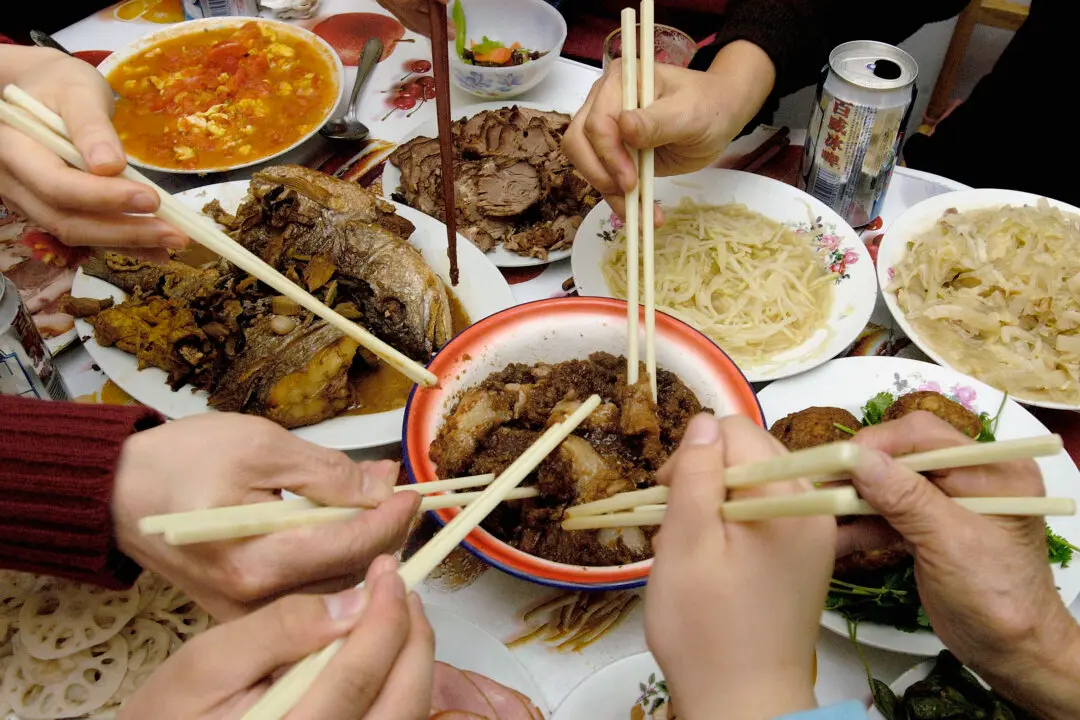The UK’s government departments has been told to stop installing surveillance cameras made by Chinese companies and advised to replace existing ones, a Cabinet minister said on Thursday.
In a written statement to Parliament, Chancellor of the Duchy of Lancaster Oliver Dowden, who oversees Cabinet Office policies, said the decision was made “in light of the threat to the UK and the increasing capability and connectivity of these systems.”





